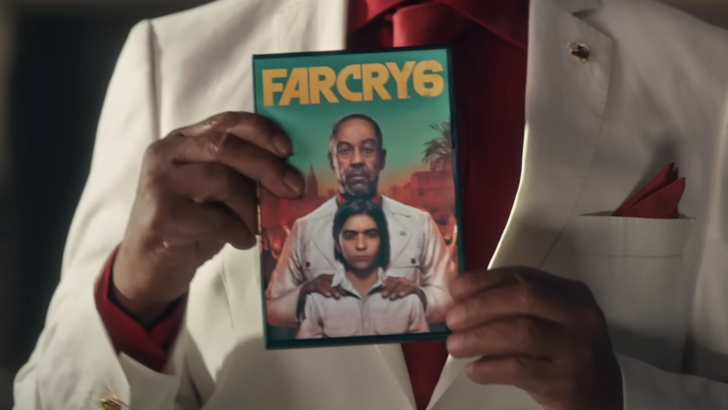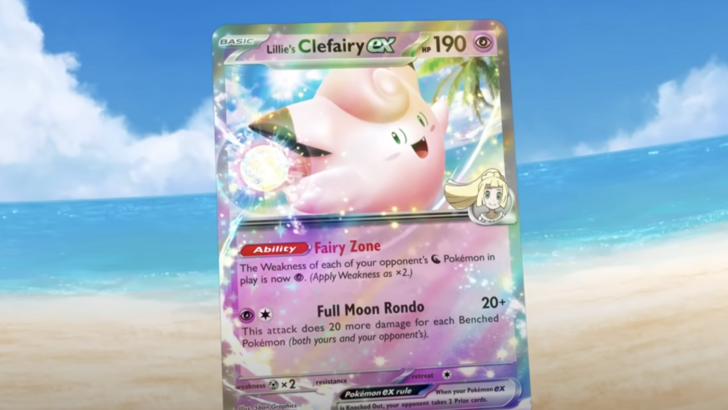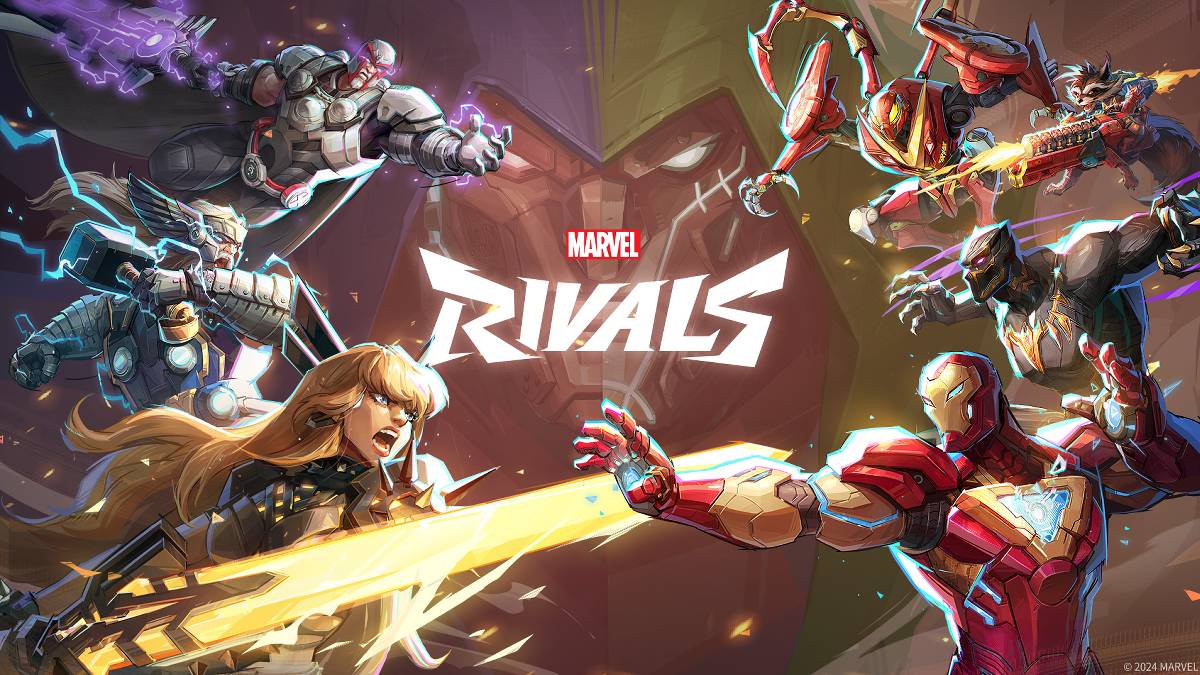Steam, Epic: No Game Ownership Claimed

California Law Ensures Players Know If Purchases Grant OwnershipTakes Effect Next Year

California Governor Gavin Newsom recently signed AB 2426 to better protect consumers and curb deceptive digital goods advertising. This law encompasses video games and related digital applications. The bill defines "game" as "any application or game accessed and manipulated using a specialized electronic gaming device, computer, mobile device, tablet, or other device with a display screen, including add-ons or additional content."
Accordingly, the law mandates digital storefronts to use clear and prominent wording in sales provisions, such as "larger type than the surrounding text, or in contrasting type, font, or color to the surrounding text of the same size, or set off from the surrounding text of the same size by symbols or other marks," to inform consumers.

Additionally, it prohibits a seller from advertising or selling digital products that claim "unrestricted ownership" of the digital good. "As we move toward an increasingly digital-only marketplace, it is crucial that consumers clearly know and understand the nature of their transactions," the legislators wrote in the bill comment in relation to the importance of informing consumers. "This includes the reality that they may not have true ownership of their purchase. Unless the digital good has been offered for download so it can be viewed offline, the seller can remove access from the consumer at any point in time."

"As retailers increasingly shift from selling physical media, the necessity for consumer safeguards on the acquisition of digital media has grown significantly," California Assembly member Jacqui Irwin stated. "I appreciate the Governor signing AB 2426, ensuring the misleading and deceptive advertising by sellers of digital media falsely claiming consumers own their acquisitions becomes obsolete."
Provisions on Subscription-Based Services Remain Unclear

However, the new law omits subscription services like Game Pass, or "rental" digital products, and lacks specifics on offline game copies—leaving ambiguities.
In January, a Ubisoft executive suggested players should accept not technically "owning" games, referencing the rise of subscriptions. Discussing Ubisoft's subscription services launch, Philippe Tremblay, the company's director of subscriptions, told GamesIndustry.biz a shift towards subscriptions is needed as players become more accustomed to them.

In addition to his remarks, Assemblymember Jacqui Irwin further stated that the new law is intended to help consumers better understand their purchases. "When a consumer buys an online digital good such as a movie or TV show, they receive the ability to view the media at their convenience. Often, the consumer believes that their purchase grants them permanent possession of that digital good, akin to how buying a movie on DVD or a paperback book provides perpetual access," Irwin said. "In actuality, however, the consumer has only purchased a license, which, per the seller's terms and conditions, the seller can withdraw at any time."
Latest Articles































